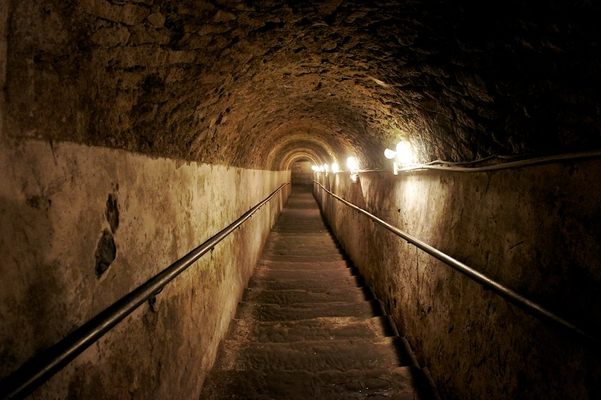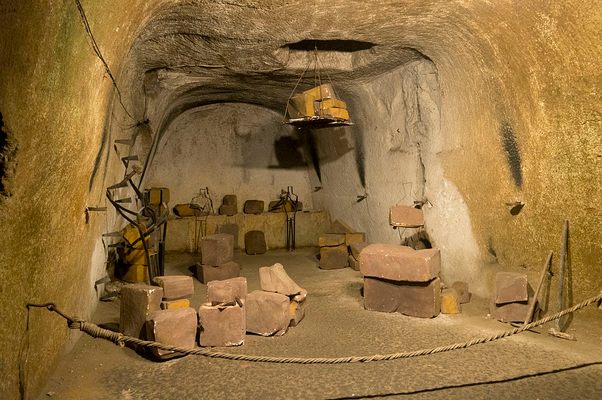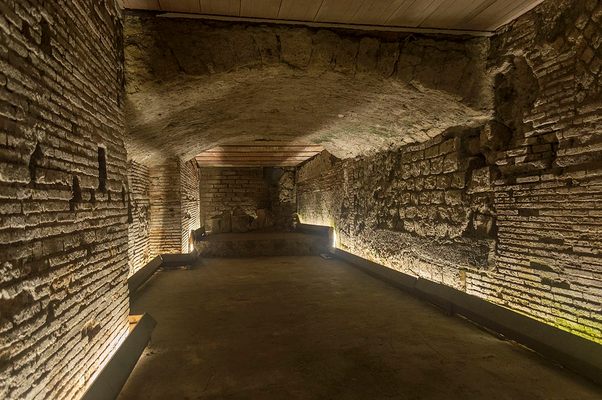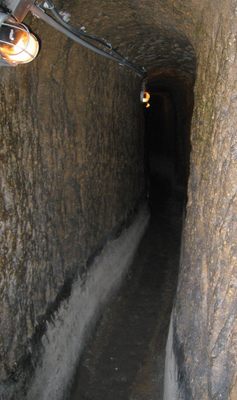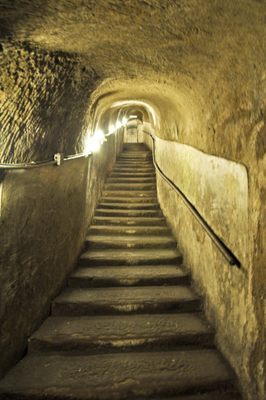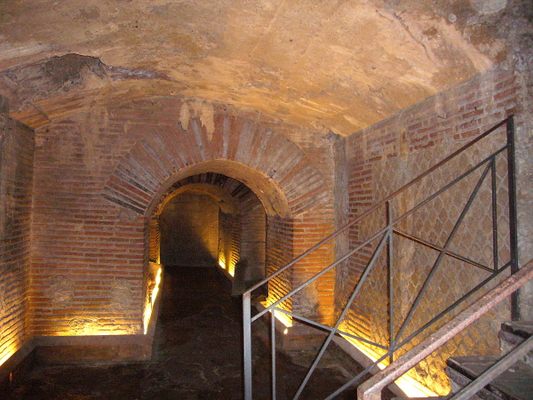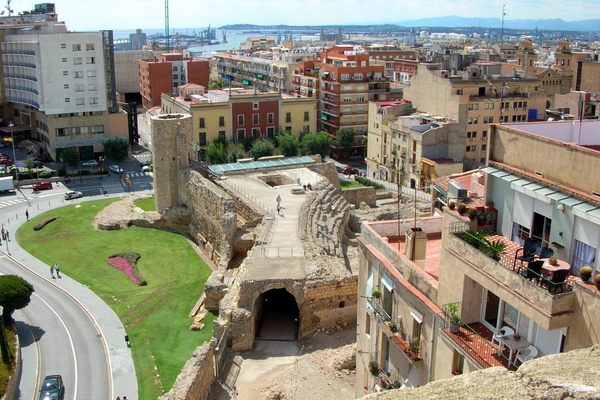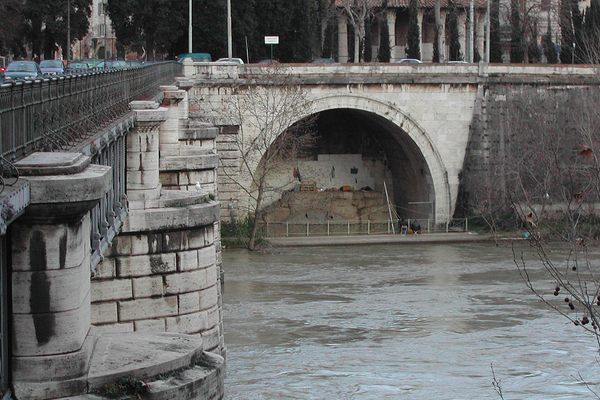About
Underneath the ancient city of Naples lies a vast geothermal zone composed of tuff, a volcanic rock. Over the last two-and-a-half millennia, extensive caves and tunnels have been carved out of the tuff, forming a shadow city obscured below the ground.
The 280-mile (450-kilometer) subterranean network was formed by the Greeks in the fourth century BC to build what was then named Neapolis, or "New City." The Romans later used the chambers and pathways to build aqueducts that provided water for many centuries of Neapolitans. As the centuries passed, buildings were constructed on top of previous ancient infrastructure, and the remains of these structures are were hidden deep below the city.
Today, Napoli Sotterranea (Naples Underground) offers a chance to explore this Italian city from a different point of view. Down a long case descending some 120 feet (40 meters) below the earth, aqueducts, sewer tunnels, rainwater cisterns, caverns, catacombs, and pre-Christian hypogea can be found in the tuffaceous cavities, along with roadway and rail tunnels. Some caves that were part of the reservoir are still full of water today. One highlight of the subterranean network is the remains of the Greco-Roman theatre of Neapolis, where the Roman emperor Nero also had his private dressing room.
Many years later, the underground network was used as an air raid shelter during the Second World War, and you can still see forgotten war relics such as weapons and vehicles in the tunnels. More recently, the first Hypogeum Gardens in the world can be found, an experiment to grow various species of plants far from pollution, but also light, in the dark chambers underneath the city.
Related Tags
Know Before You Go
Some tunnels are very narrow and it is necessary to use a candle to see, for this reason some passages of the route are optional.
Flavors of Italy: Roman Carbonara, Florentine Steak & Venetian Cocktails
Savor local cuisine across Rome, Florence & Venice.
Book NowPublished
January 22, 2018

